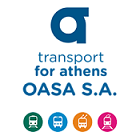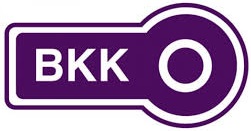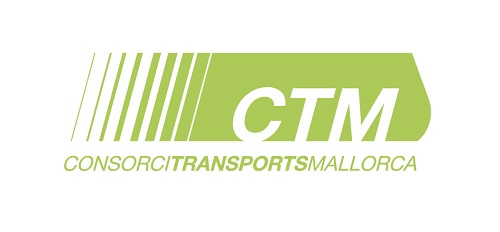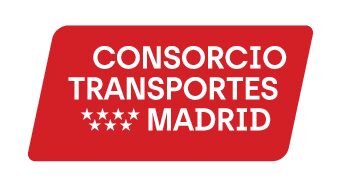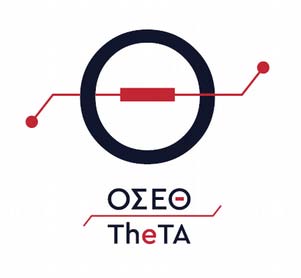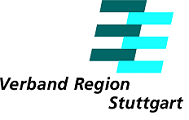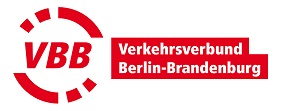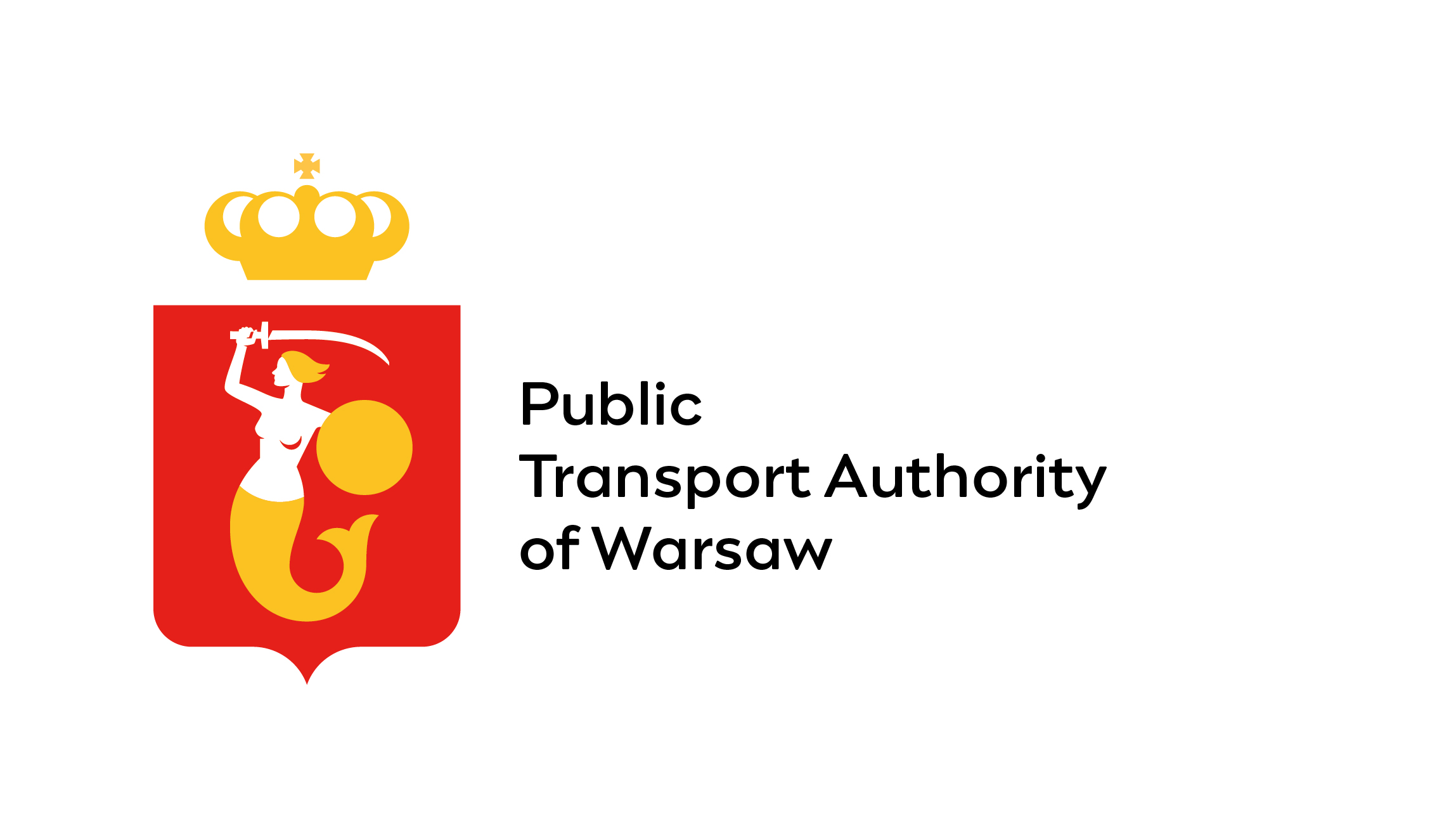Latest changes on emta.com
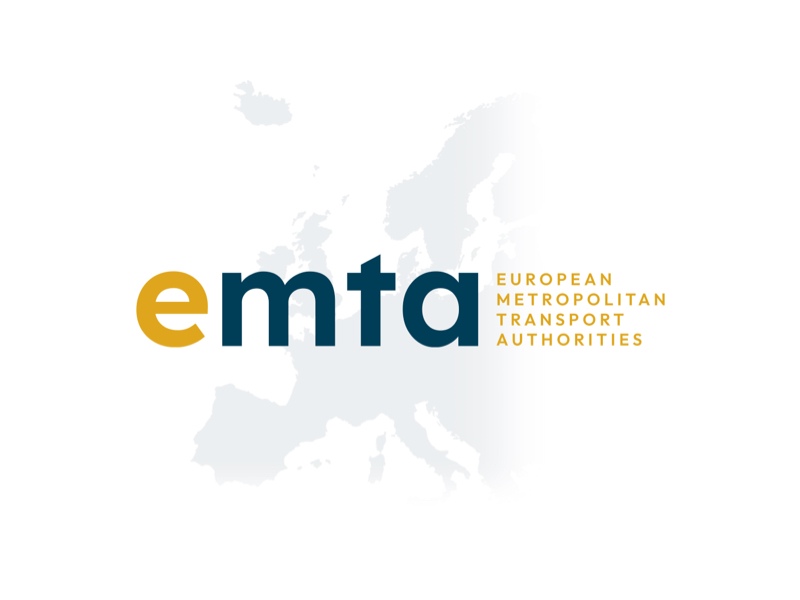
New statistics on travel habits of British people
Figures released by the Department for Transport of the British government show that British residents travelled an average 10,900 km per year in the period 1999/2001, that is to say an increase by 5% in comparison to 1989/1991, mainly owing to an increase of 13% of the length of trips. Car travel accounted for 80%

Road traffic accidents are the first cause of injury-related deaths in the world
Two publications of the World Health Organisation highlight that road traffic accidents are the first cause of injury-related deaths in the world, ahead of suicides, violence, drownings, wars and burns. 1,26 million people died in road crashes worldwide in 2000, and among them 40,800 in the EU alone. Although the trend is towards fast improvements

The transport sector will be the biggest energy user in 2020
The International Energy Agency (IEA) has released a survey showing that the transportation sector will overtake industry as the largest energy user in the world by 2020. Energy used for transportation is predicted to grow at an annual rate of 2,1% and emissions of carbon dioxide are expected to be, in 2030, 70% higher than

The European Ministers of Transport agree on the second rail package
The European Ministers of Transport agreed on 28th March on the second railway package prepared by the European Commission. This new package will lead, if it is adopted by the European Parliament in second reading, to an opening of the international rail freight to competition on 1st January 2006 (instead of 2008 as forecast in

The European Commission proposes generalisation and harmonisation of electronic charging systems
The European Commission presented on 23rd April a draft directive on the introduction and interoperability of electronic road toll systems in the EU. The directive will apply to all kinds of roads, to bridges and tunnel charging systems whether on the trans-european transport networks, inter-city or urban. The benefits will be reduced congestion, increased traffic

The European Commission launches a public debate on services of general interest
The European Commission released on 21st May a ” Green Paper on services of general interest”, which opens a debate on the role of the European Union for defining the objectives of services of general interest and the way they shall be organised, financed and evaluated. The Green Paper, which acknowledges that services of general

EMTA is 5 years old !
The association of European Metropolitan Transport Authorities (EMTA) was founded in 1998 so as to form a venue for exchange of information and best practices between the authorities responsible for public transport in the European metropolitan areas. Five years later, it already brings together 28 such authorities in charge of planning, coordinating and funding public

EMTA enriches its website
The proceedings of the workshop organised by EMTA on the issue of transport and land use policies in Frankfurt in October 2002 are now available on EMTA’s website. A summary can be downloaded in English, French, German and Spanish, and the full presentations are available in English. A section only accessible to EMTA Members is

Joint EMTA – UITP Conference on contractual relationships between authorities and operators (Vienna, 24 – 26th February 2003)
The conference, that presented how to use contracts, from first negociation to re-negociation, look at how responsabilities can be shared between authorities and operators (risk allocation), and how contracts can be best managed in the context of new European regulations. Case studies from different parts of the world were presented.

Public authorities can take account of ecological considerations for tendering procedures
In a judgement released in September, the European Court of Justice ruled that public authorities are entitled to take account of ecological considerations concerning the bus fleet offered for the award of bus services through tendering procedures. This decision was reached in a case raised by the company Concordia against a decision of the city


